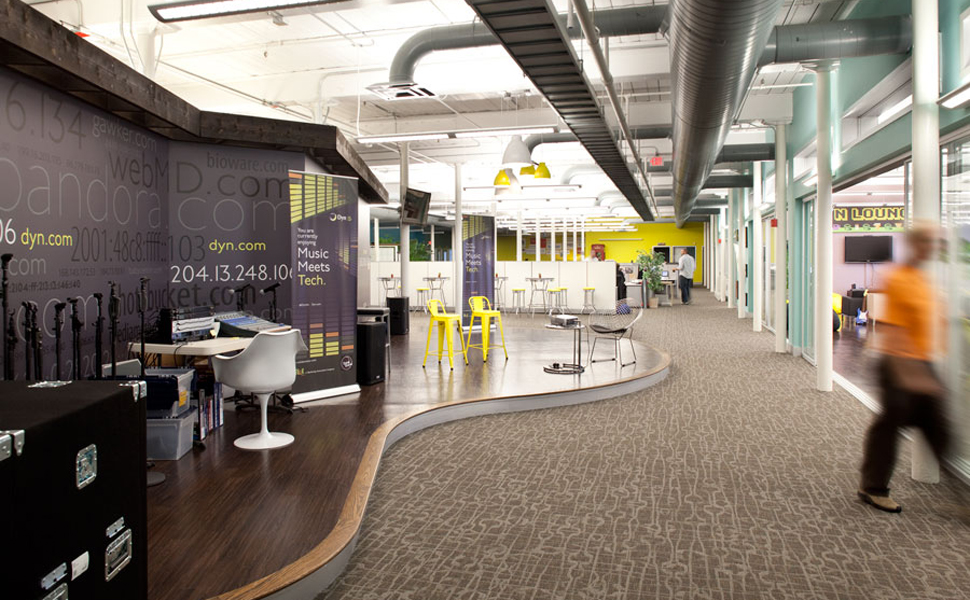While playing host to the country’s first-in-the-nation primary, New Hampshire is showcased as a bucolic state — classic white town halls, country roads, beautiful foliage, pristine lakes, the mountains and an occasional moose.
I see it out my window in downtown Manchester every four years, as presidential candidates make their ritualistic visits to the Red Arrow Diner. I tell visitors that I will see (and probably meet) the next president of the United States and I often do, like many other New Hampshire residents.
But we’re not an every-four-year state. What presidential primary cameras often miss is that we have a thriving economy and quality of life driven by our technology sector. This economic engine drives top-tier salaries, with average tech wages at $94,646 per year, according to a 2015 report by the Technology Councils of North America. Our unemployment rate is currently 2.8 percent. Then there’s the fact that New Hampshire has no sales or income tax.
I have had the pleasure of running the NH High Tech Council for several years, along with my own small communications business. Our tech sector is unique, as it is not dominated by a handful of big-name players. Our backbone is composed of small-and medium-sized businesses that fuel our economy and bring a history of innovation and entrepreneurship. New Hampshire innovators developed the first video game, Velcro, the fax machine, the heart stent, among other inventions.
Dean Kamen, inventor of the Segway, is considered a grandfather of Manchester’s “Silicon Millyard,” a collection of revitalized textile mill buildings along the Merrimack River now filled with high-tech firms such as Autodesk and Texas Instruments, incubators, mixed-used developments and growing startups.
Dyn, an internet performance management company that recently raised $50 million in Series B funding and has early Uber investor Jason Calacanis on its board, is among the most successful of these startups. The company got its start in Manchester native Jeremy Hitchcock’s college dorm room and now employs more than 450 at its 60,000-square-foot offices in the Millyard.

We directly benefit from its proximity to Boston, which is just 30 miles south of our border. Not to knock Boston – it is a great city and major tech hub – but it’s expensive and extremely congested.
New Hampshire is a place for work-life balance. You can start or join a tech firm and help fuel its growth, all from an urban or rural location that might be minutes from a lake, ocean or mountain.
Recent census data shows that those coming to New Hampshire in the greatest number are between the ages of 25 and 34. Census data cannot tell us why, but anecdotally and given the patterns of millennials, I believe quality of life is a major factor. People who may have been in major urban settings want less crowded places to settle down, more cultural and recreational opportunities, lower taxes and good jobs.
And sometimes, they want to leave a legacy.
“We could run our business anywhere, but we choose to do it here,” wrote Dyn Chief Strategy Officer Kyle York back in 2012. “In Manchester, we aren’t just another tech company in the crowd and want to leave a legacy for our kids and grandkids. Yes, it’s idealistic. Yes, it’s naive. Yes, it’s bold dreaming. But I actually think that’s the great inspiration for it all.”







